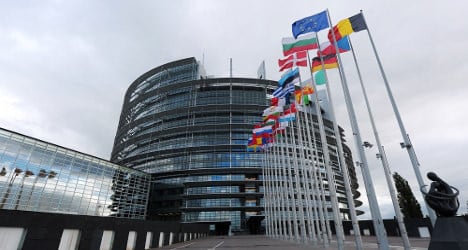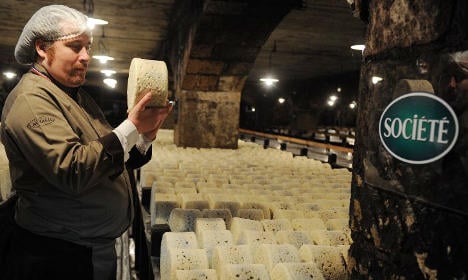The controversial Transatlantic Trade and Investment Partnership (TTIP) has long been the cause of angst in France.
The proposed free trade deal between the US and the EU, which is still being negotiated, has been met with fierce opposition in France, particularly from those in the arts industry.
Now it seems France’s politicians cannot agree on which stance to take over the most divisive part of the agreement known as the Investor-State Dispute Settlement (ISDS).
The ISDS basically sets the rules for foreign companies investing in other countries and allows an investor to bring a government to court if they have broken an agreement.
Mathias Fekl, France’s Secretary of State for Foreign Trade has repeatedly expressed his government’s opposition to ISDS.
But now it appears France is ready to rethink its position with the website Euractive reporting that the French Secretariat General for European Affairs (SGAE) has written to MEPs warning them not to go against ISDS, when it goes to a vote at the European Parliament’s International Trade Committee on May 6th.
In the letter to SGAE wrote: “Although France believes the inclusion of an ISDS mechanism with the United States is not necessary, the proposed resolution settles the question in too categorical a way. It would be preferable to approach this delicate subject more carefully, and avoid setting a precedent, as the legal standards of some states are not equal to those in the United States.”
French Green MEP Yannick Jadot summed up the confusion which now surrounds the French position on ISDS.
“It’s unclear,” he told Euractiv. “Is France advocating a reform of the arbitration system to adapt it to TTIP, as with the agreement with Canada? Or is France really in favour of excluding it from the trade agreement?”
France’s position on other areas of the trade agreement is more coherent.
Paris is vehemently opposed to inclusion of the audio-visual sector in the agreement, in order to protect its film and TV industry from US completion.
“France will refuse any mandate which does not come with protection of the cultural sector and a clear and explicit exclusion of the audiovisual sector,” said the then commerce minister Nicole Bricq when negotiations first opened in 2013.
Washington and Brussels hope the free trade deal will deliver a major boost to growth and jobs, especially in Europe where the euro debt crisis has left the economy stuck in the doldrums.
An accord would be the world's largest Free Trade Agreement, with bilateral trade in goods last year worth some €500 billion ($670 billion), services worth another €280 billion and investment flows hitting the trillions.
The EU says it would add some €119 billion annually to the EU economy and €95 billion for the United States





 Please whitelist us to continue reading.
Please whitelist us to continue reading.
Member comments